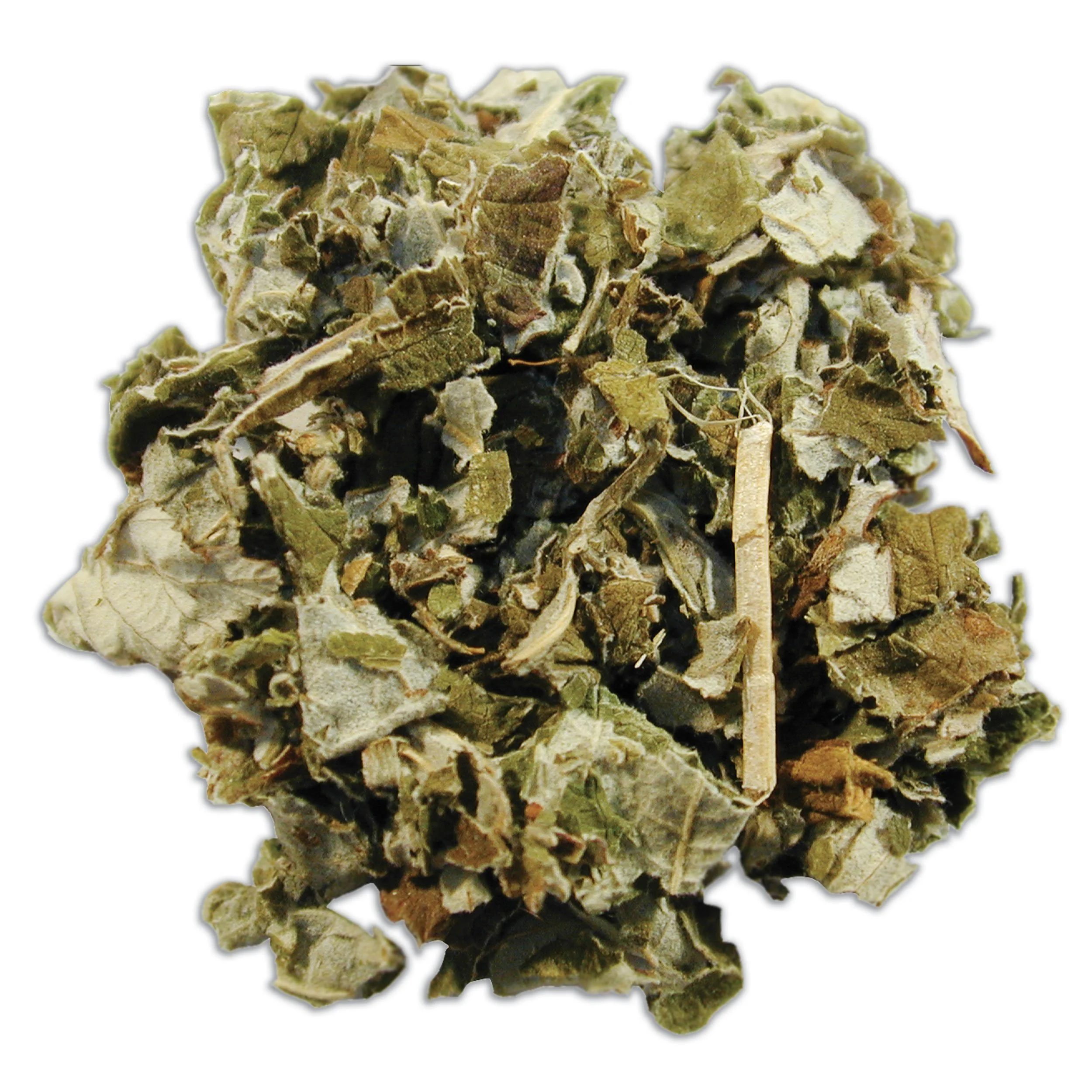Herbs - Plant Medicine
Herbs and plant medicines have been used for centuries across cultures to support health, promote healing, and prevent illness. These natural remedies offer a range of benefits, from boosting the immune system and improving digestion to reducing inflammation and supporting emotional well-being. When used responsibly and with proper knowledge, herbs can serve as powerful allies in preventative care—helping to maintain balance in the body and reduce the risk of chronic conditions. Incorporating plant-based medicine into a wellness routine encourages a more holistic and proactive path to long-term health.
Disclaimer
The information provided about herbal remedies is for educational purposes only and is not intended as medical advice. Herbal products can have powerful effects on the body, and not all herbs are safe for use during pregnancy. Some may cause complications, interact with medications, or affect fetal development. The herbs that are listed on this page, anecdotally, has been safe for pregnancy and breastfeeding. Always consult with a qualified healthcare provider, such as a midwife, obstetrician, or herbalist experienced in prenatal care, before using any herbal supplements or remedies while pregnant.
Red raspberry leaf
Red raspberry leaf (Rubus idaeus) is a popular herbal remedy often used to support perinatal health. Some benefits commonly associated with its use are:
Uterine Tone Support: tones the mucous membranes throughout the body; soothe the kidneys and urinary tract, and preventing excessive bleeding after the birth
Shortened Labor Duration: has tonic and relaxant actions on the smooth muscles of the uterus and act to reduce the pain of uterine contractions during childbirth and makes them more effective and productive, shortening the duration of labor.
Nutrient-Rich Composition: rich in essential nutrients like iron, calcium, manganese and magnesium, which supports both maternal health and fetal development during pregnancy and postpartum recovery.
Peppermint Leaf
Peppermint (Mentha × piperita) is a widely used herb during the perinatal period for its soothing and supportive properties.Some benefits commonly associated with its use are:
Relief from Nausea and Morning Sickness: Peppermint tea or aromatherapy can help alleviate nausea, which is common in early pregnancy.
Digestive Support: Peppermint may ease bloating, gas, and indigestion—issues that many pregnant individuals experience due to hormonal changes and uterine pressure.
Headache and Muscle Tension Relief: Peppermint oil, when used topically (in diluted form), can help relieve tension headaches and muscle aches during pregnancy.
Chamomile Flower
Chamomile (Matricaria chamomilla or Chamaemelum nobile) is a gentle, calming herb often used in perinatal care. Some benefits commonly associated with its use are:
Promotes Relaxation and Sleep: Commonly used to reduce anxiety and improve sleep quality, which can be especially helpful during pregnancy and postpartum.
Digestive Aid: It helps soothe the digestive system, easing common pregnancy discomforts like gas, bloating, and mild nausea.
Anti-inflammatory and Pain Relief: Has mild anti-inflammatory properties that may help relieve muscle aches, joint pain, or menstrual-like cramping in late pregnancy and early postpartum.
Lowers Blood Pressure: Contains compounds like flavonoids that have antioxidant properties and can help relax blood vessels contributing to lower blood pressure. It can be effective in reducing risks of preeclampsia.
Dandelion Flower
Dandelion (Taraxacum officinale) is a nutrient-rich herb that can offer several benefits during the perinatal period. Some benefits commonly associated with its use are:
Liver and Kidney Support: Support liver function and act as a gentle diuretic, helping the body eliminate excess fluids and reduce pregnancy-related swelling (edema). Helps to relieve swelling in postpartum also.
Rich in Vitamins and Minerals: High in calcium, iron, and potassium—nutrients important for pregnancy and postpartum recovery.
Digestive Support and Appetite Stimulation: It can aid digestion and stimulate appetite, which is helpful during times of nausea or reduced appetite in pregnancy.
Lowers Blood Pressure: Helps manage high blood pressure through its diuretic effect and high potassium content. It can be effective in reducing risks of preeclampsia.
Essential Oils
Disclaimer
The use of essential oils should be approached with care, especially during pregnancy, postpartum, or when used around infants and children. The oils that are listed on this page, anecdotally, has been safe for pregnancy and breastfeeding. Essential oils are highly concentrated and can cause allergic reactions, skin sensitivity, or other adverse effects if not properly diluted or used correctly. Always consult a qualified healthcare provider, certified aromatherapist, or midwife before using essential oils for therapeutic purposes. This information is for educational purposes only and is not intended to diagnose, treat, or replace professional medical advice.
Lavender essential oil
Lavender essential oil is one of the most widely used and researched oils for perinatal wellness. Here are some key benefits:
Promotes Relaxation and Reduces Anxiety: The calming scent can help lower stress and anxiety levels, supporting emotional well-being during pregnancy and labor.
Improves Sleep Quality: Diffusing lavender oil or using it in a bedtime routine may enhance sleep, which is especially valuable during pregnancy and postpartum.
Pain and Headache Relief: Has mild analgesic and anti-inflammatory properties that can help ease tension headaches, muscle aches, or mild labor discomfort when used appropriately..
Orange essential oil
Orange essential oil is a bright, uplifting oil that offers several perinatal wellness benefits. Here are some key benefits:
Mood Enhancement and Stress Relief: Its fresh, citrusy scent can help elevate mood and reduce feelings of anxiety or emotional fatigue during pregnancy or postpartum.
Supports Digestion: Inhalation or gentle massage with diluted orange oil may help relieve nausea, bloating, and sluggish digestion—common concerns during pregnancy.
Boosts Energy and Focus: Orange oil’s invigorating aroma can help combat fatigue and mental fog, offering gentle support during times of hormonal or emotional shifts.
Peppermint essential oil
Peppermint essential oil is a powerful and refreshing oil often used with care in perinatal health. Some benefits commonly associated with its use are:
Relieves Nausea and Morning Sickness: Inhalation of peppermint oil (e.g., via a diffuser or tissue) may help ease queasiness, especially in early pregnancy.
Eases Headaches and Muscle Tension: When diluted and applied topically to the temples or neck, peppermint oil can provide cooling relief from tension headaches and general aches.
Improves Mental Clarity and Alertness: Its invigorating scent can help increase focus and reduce fatigue, offering a natural energy boost during long days or postpartum recovery.
Lemon-Eucalyptus essential oil
Lemon-eucalyptus essential oil is known for its fresh, citrusy aroma with a hint of camphor, offers several benefits that can support perinatal wellness when used appropriately. Here are some key benefits:
Natural Insect Repellent: It’s a well-known, plant-based alternative to chemical repellents—helpful for pregnant or postpartum individuals seeking protection from mosquitoes and other pests.
Supports Respiratory Health: Its expectorant and decongestant properties can help ease breathing discomfort from colds or seasonal allergies, especially in a steam or diffuser.
Mood Uplifting and Refreshing: The bright scent helps energize the senses and uplift mood, offering emotional support during fatigue or hormonal shifts in the perinatal period.









